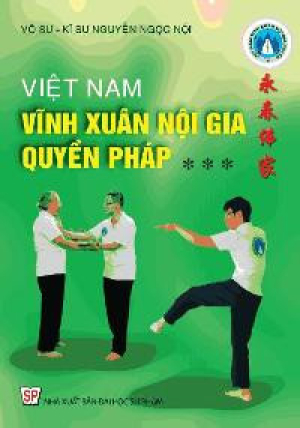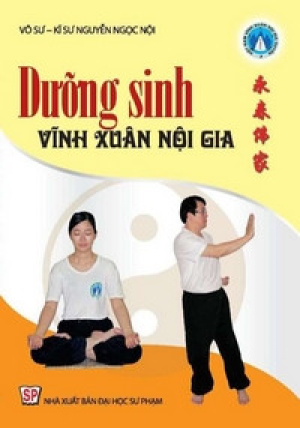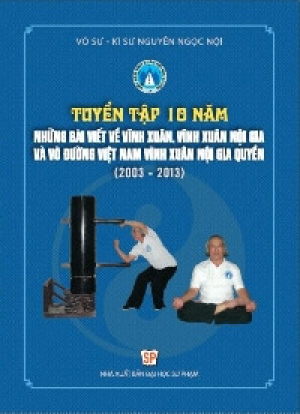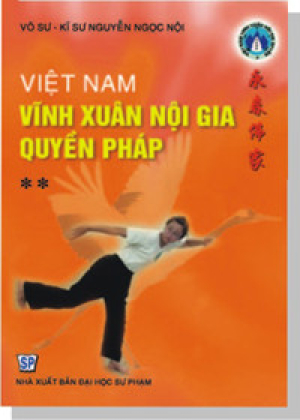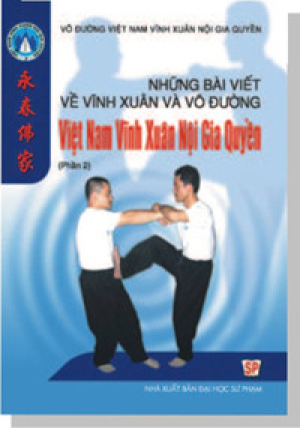Similarities in a perspective on Zen from two Asian and European philosophies
"Meditation", in my opinion, is an invaluable and great discovery of our predecessors about a method of practicing and cultivating people, within them, to awaken their potential.
The Buddha pointed out the only path to achieve liberation in Buddhist practice, which is "Meditation": "No Meditation, no Concentration.
“Meditation”, if understood simply, is a process of “quietness”.
During my personal practice, Eastern Philosophy also helped me open up and deeply understand the nature of the Internal Wing Chun knowledge that my master Tran Thuc Tien taught me.
Eastern philosophy (more broadly, Eastern science) forces people to look inside and outside of themselves, to look at all things and all phenomena in the universe with more feeling and perception.
In the field of "Zen", Eastern Philosophy tells us that through "Zen" (through the process of "stillness"), "Wisdom" is formed and developed. Johann Wolfgang von Goethe, 1740 – 1832), poet, playwright, novelist, Writer, scientist, home artist belong to Virtue: “Human intelligence matures in silence”, I noticed a deep harmony in the philosophical thinking of two philosophies, seemingly far apart, but having the same perspective on an area that we in the East call "Zen".
Returning to "Zen" or more simply, we call it "Stillness": clearly, although the names may be different, the starting point of perception is different (Eastern philosophy or Western philosophy), but “Quiet” – “Meditation”. The first step of "Zen", not only for Wing Chun Noi, is to sit and practice breathing in "Sitting".
Reading a sentence by W. Got, I thought and deduced that there might be things that are not as accurate as your understanding.
I hope you will forgive my limited thoughts.
On the occasion of welcoming the new year 2014, I wish peace and happiness to everyone,
Thank you very much for reading my article.
On the occasion of New Year's Day, January 1, 2014
Martial arts master - engineer Nguyen Ngoc Noi
Articles
Topic
Image
Video
- A few thoughts after the trip to Poland at the end of 2023
- Ceremony to build Wood staff for student Nong Trung Dung
- A good day in a good month for Vietnamese Wing Chun Noi Gia Quyen Dojo
- Some photos of the training session at Nam Dong Dojo on October 8, 2023
- Disciples at Vietnam Dojo wish Master a happy birthday
Dojo

Link













